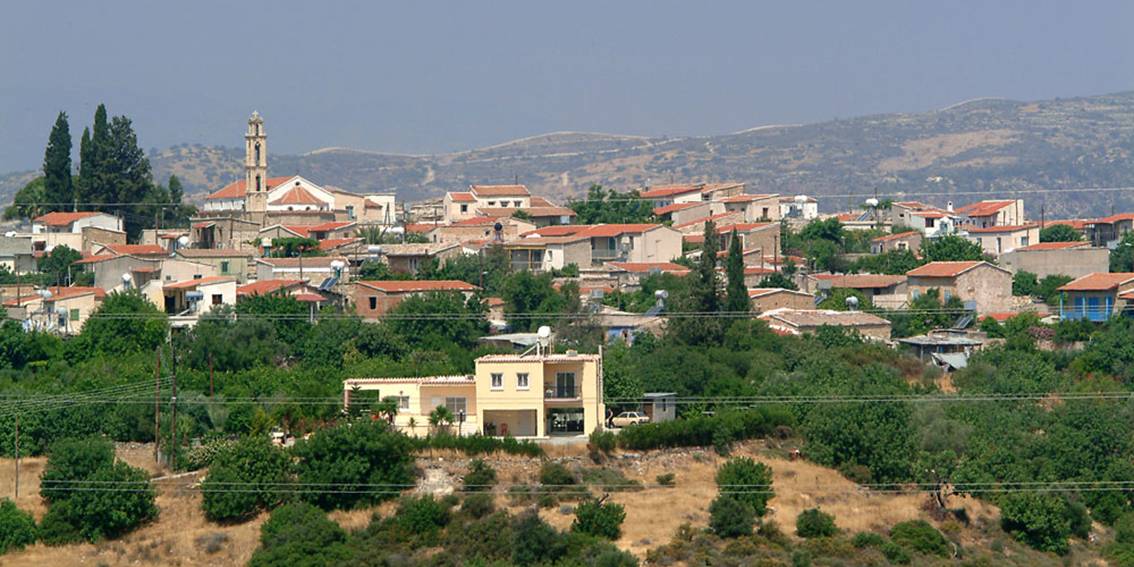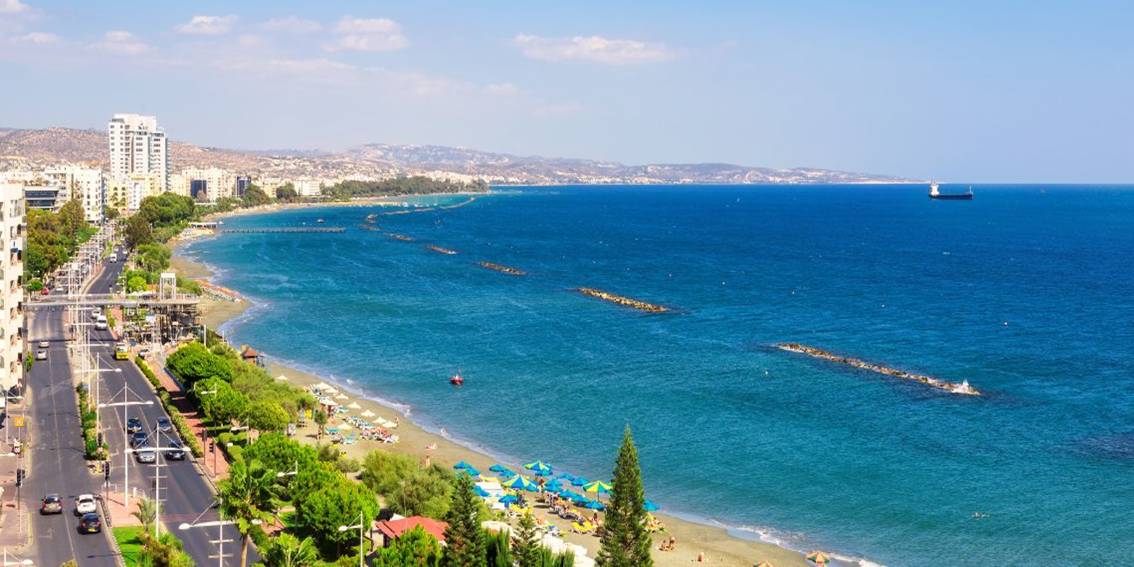A Significant Archaeological Site in Cyprus
Explore the history of Choirokitia, one of the most significant archaeological sites in Cyprus, offering a fascinating glimpse into the island’s prehistoric past. Nestled in the foothills of the Troodos Mountains, about 30 kilometres southwest of Nicosia, this ancient settlement dates back to the Neolithic period, around 7000 BC. Excavations have unearthed remarkably well-preserved remains that provide invaluable insights into early human civilization.
Archaeologists discovered Choirokitia in 1934, and since then, extensive excavations have revealed a wealth of information. The settlement covers a small area, but its significance extends far beyond its size. Researchers believe the site once supported a thriving community of up to 300 inhabitants. These early settlers practised a mixed economy, combining agriculture with hunting and gathering. They cultivated crops such as barley, lentils, and peas while also hunting wild animals like deer and boar.
The Circular Stone Houses
The architecture of Choirokitia reflects the ingenuity and adaptability of its inhabitants. Circular stone houses dominate the site, featuring walls built from limestone and mudbrick. These structures typically measure about five meters in diameter and contain a central hearth. The roofs, constructed from wooden beams and thatched with reeds, provided shelter and insulation. Some houses included raised platforms for sleeping, indicating a degree of domestic sophistication.
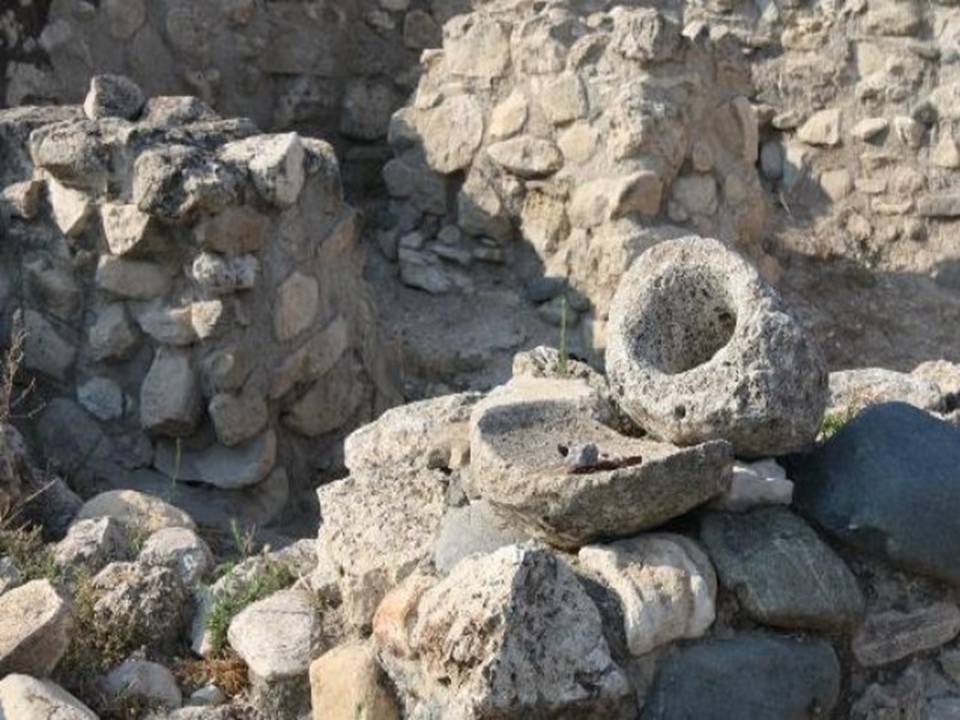
The Defensive Wall of Choirokitia
One of the most remarkable aspects of Choirokitia lies in its defensive architecture. A massive stone wall, nearly three meters thick, encircles the settlement, suggesting a need for protection against potential threats. This wall, along with a series of gates and towers, highlights the community’s emphasis on security and organization. The presence of such fortifications indicates a complex social structure and an awareness of communal defence.
Belief in an Afterlife
Burial practices at Choirokitia offer further insights into the beliefs and customs of its inhabitants. Residents buried their dead within the settlement, often beneath the floors of their homes. Graves typically contain a single individual, laid in a fetal position, accompanied by personal items such as stone tools, beads, and pottery. This practice suggests a belief in an afterlife and a desire to keep deceased loved ones close.
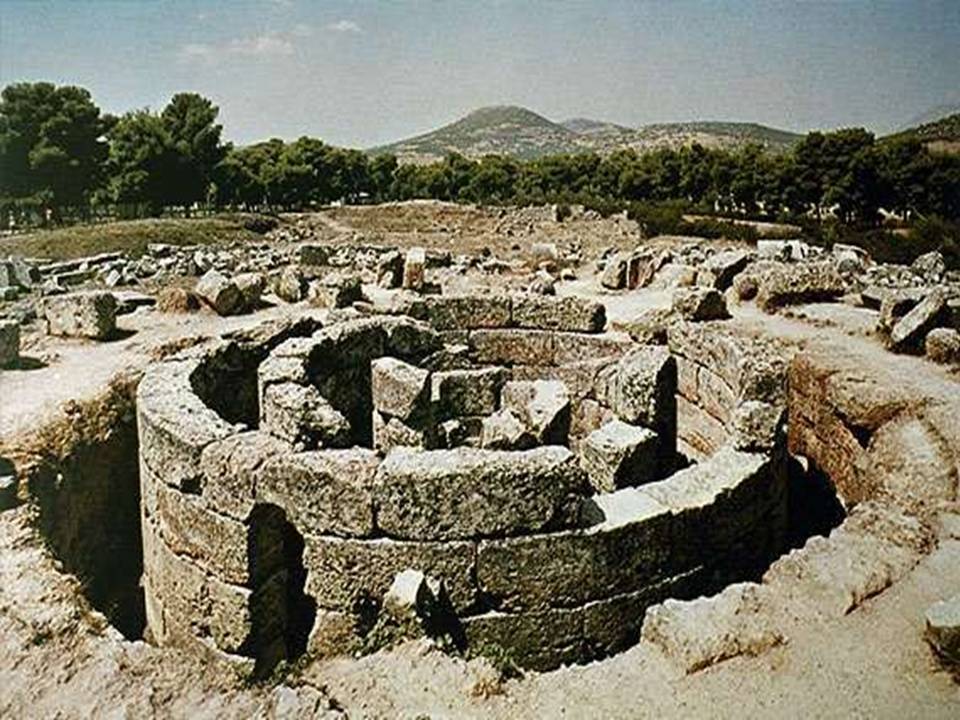
Artifacts Found at Choirokitia
Artifacts found at Choirokitia reveal a high level of craftsmanship and technological advancement. Stone tools, including blades, scrapers, and arrowheads, indicate skilled flint knapping techniques. Pottery fragments display intricate designs, reflecting artistic expression and cultural identity. Additionally, archaeologists have uncovered figurines made from clay and stone, possibly representing deities or ancestral figures.
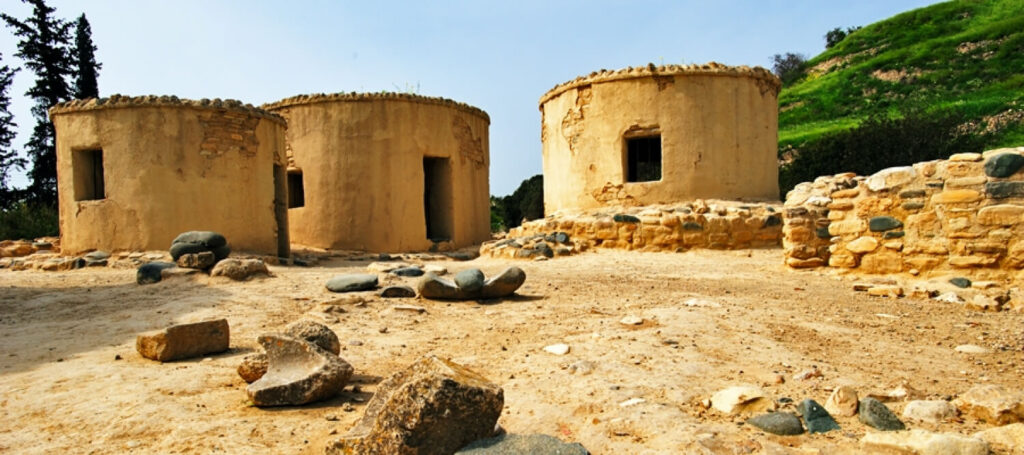
Explore the Architecture of Choirokitia
Visitors to Choirokitia today can explore a reconstructed section of the site, providing a tangible sense of life in this ancient community. The reconstructed houses, built using traditional methods and materials, offer a vivid portrayal of Neolithic architecture. Informative displays and guided tours enhance the experience, bringing the history and significance of Choirokitia to life.
A Testament to the Ingenuity of Early Human Societies
Explore the History of Choirokitia: Choirokitia stands as a testament to the ingenuity, resilience, and creativity of early human societies. Its well-preserved remains offer a window into a world that existed over 9,000 years ago, shedding light on the origins of settled life in Cyprus and the broader Mediterranean region. By exploring Choirokitia, one gains a deeper appreciation for the complexities of prehistoric life and the enduring legacy of our ancestors. The site continues to captivate archaeologists and visitors alike, preserving the rich heritage of Cyprus for future generations to study and appreciate.
You May Also Like This
The Unnamed Prince of Cyprus: https://anatolikilemesou.com/?p=5054

